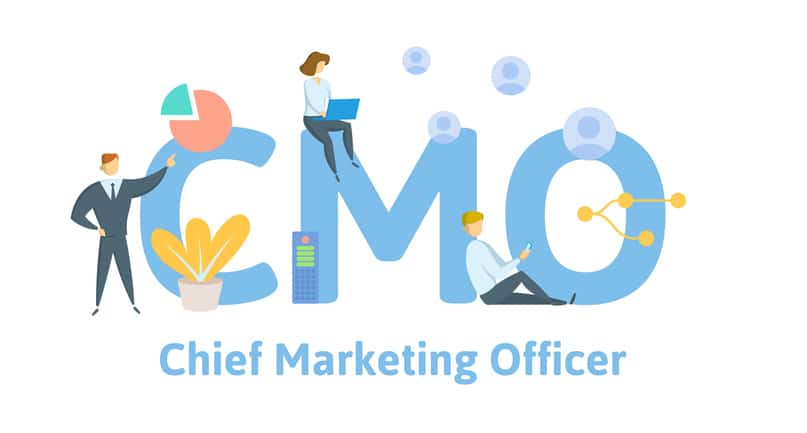The B2B CMO job has become more demanding than ever. The job requires a technical understanding and data-driven approach. And now for the first time, marketing has the mandate (as well as the technology/tools) to meet specific revenue goals. While it may seem to be a precarious time to be a CMO, I’d also argue that this sea change (or is it a “C” change?) is also indicative of growing organizational power. I predict that by the end of the decade (2020 to be exact) the B2B CMO will be THE predominant influence in a B2B company (outpacing sales) giving rise to what’s been dubbed by Ashu Garg, a general partner at Foundation Capital, as “The Decade of the CMO.”
Marketing Technology Explosion Drives Expanded Role for the CMO
Scott Brinker of chiefmartec.com, in his 2016 Marketing Technology Landscape Supergraphic, highlights more than 3,500 marketing technology solutions–nearly double from the year before. What’s more, the martech industry is predicted to be more than $120B by 2025 according to Foundation Capital.
“Technology today is both friend and foe for the CMO. The shift from art to science requires CMOs to reinvent themselves and their organizations or become irrelevant. The CMO of tomorrow is the data nerd of today.”
– Ashu Garg, General Partner, Foundation Capital
In order to be that CMO with increased organizational influence, marketers need to acquire new skill sets or be left behind. The science of data-driven marketing is the new industry standard. What do you need to do to prepare based on current trends?
At The End of The Day It’s All About Revenue
Everything is measurable. There is a dizzying array of things to measure, data to be examined and insights to be gathered. So where does one start? It’s important to remember that not all data and insights need to be reported up to the CEO and Board. In fact, doing so would prove that you don’t understand data and true insights. An insights-driven CMO distills data into the stuff the CEO and Board want to see. And what they primarily care about is: how much marketing has contributed to revenue? This makes me think of the great short read, Top 5 Reports Your CEO Wants from Marketing which walks through:
- Attribution Revenue by Department. This report shows how much marketing is impacting the business compared to other departments.
- Funnel Velocity. This measures the length of your sales cycle and is useful for finding areas to drive revenue efficiency.
- Funnel Volume. This measures the current active funnel which is indicative of the health of your sales pipeline.
- Attribution Pipeline by Department. A companion metric to number one, this illustrates the investments in pipeline development.
- Marketing-to-Sales Handoff & Funnel Conversion Rates. This provides the CEO a complete picture of how smoothly the entire demand generation organization is functioning.
These foundational reports are a great place to start in mastering a data-driven approach with clear insight into the overall organizational health. This is invaluable to a CEO and board and will be sure to increase the influence of the CMO.



